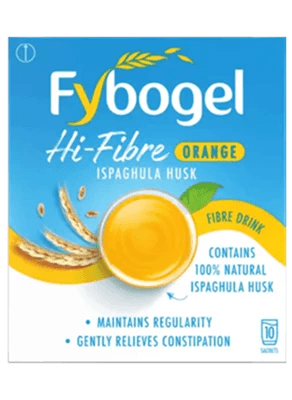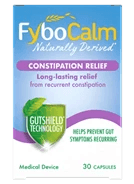Overview
Irritable Bowel Syndrome (often known as IBS) is a long-term condition that affects the digestive system. It is very common in the UK, affecting around 1 in 5 people.
Symptoms of IBS can vary, but tend to include:
- Bloating
- Stomach cramps
- Diarrhoea
- Constipation
Read more about the symptoms of IBS or find the right product for you by using our symptom checker.
Causes
Experts are divided over what causes IBS, however evidence suggests the gut has become oversensitive and has problems digesting food. There are usually different triggers which can set off your IBS such as diet, stress and life changes. Knowing your triggers can help you manage your IBS. For example, it may help to:
- Identify and avoid foods or drinks that trigger your symptoms
- Alter the amount of fibre in your diet
- Exercise regularly
- Reduce your stress levels
For more information, go to our causes of IBS article

Treatment
There is no simple 'one size fits all' treatment plan or medicine for IBS. With a little patience and research, there is a lot you can do to try help alleviate your symptoms of IBS both with lifestyle changes and medically. Our IBS treatment section can help you understand ways to manage your IBS, however we have sectioned these into three buckets:
Personal - starting a food diary, managing portion sizes or changing eating habits

Diet - changing food types specific to your symptom/s or introducing a FODMAP diet**

Medical – following advice of a healthcare professional, using medicines to stop or mitigate your symptom/s

Living with IBS
Although IBS can be a long-term condition, there could be changes to the symptoms over time. We understand how physically and emotionally draining living with IBS can be. That's why we've created our living with IBS section to help you take control.
Think you might have IBS?
Just like you, your symptoms are unique. Irritable Bowel Syndrome means a group of symptoms that occur together and vary in severity from one person to another, so the sooner you can identify your symptoms, the sooner you can get help to try and address them. If you think you have IBS always consult your doctor to get a full medical diagnosis.
**please speak to a dietician or healthcare professional to ensure adequate nutrient intake





























